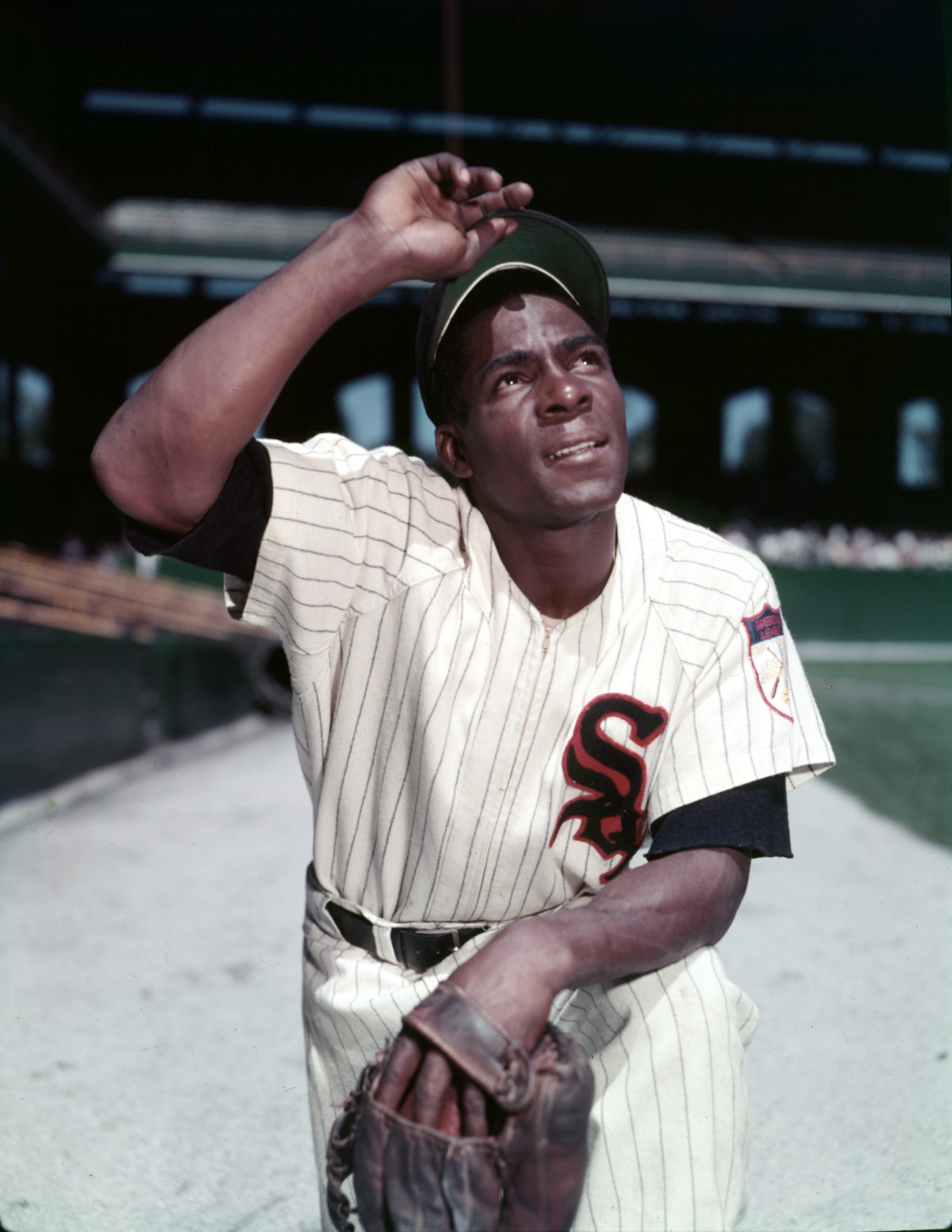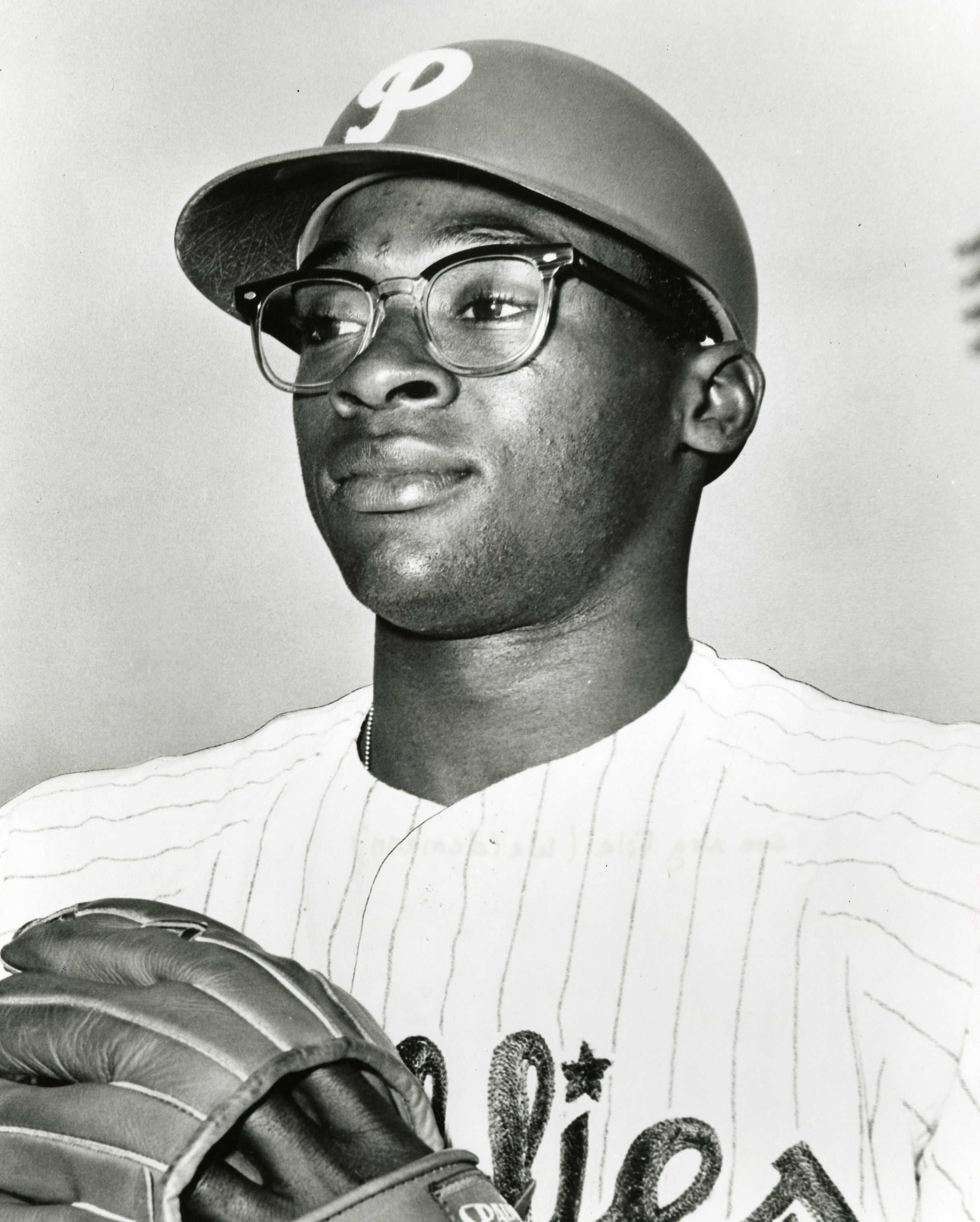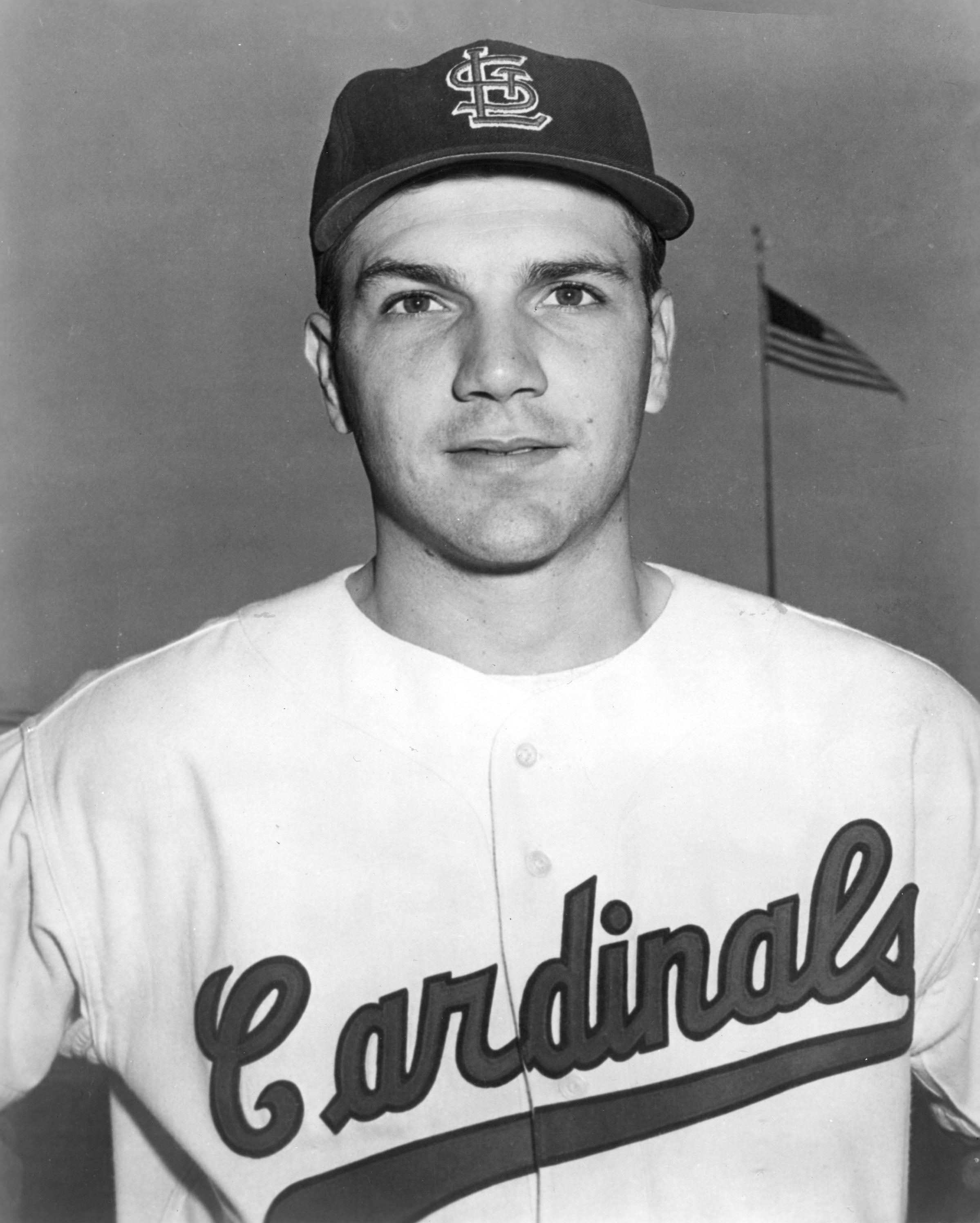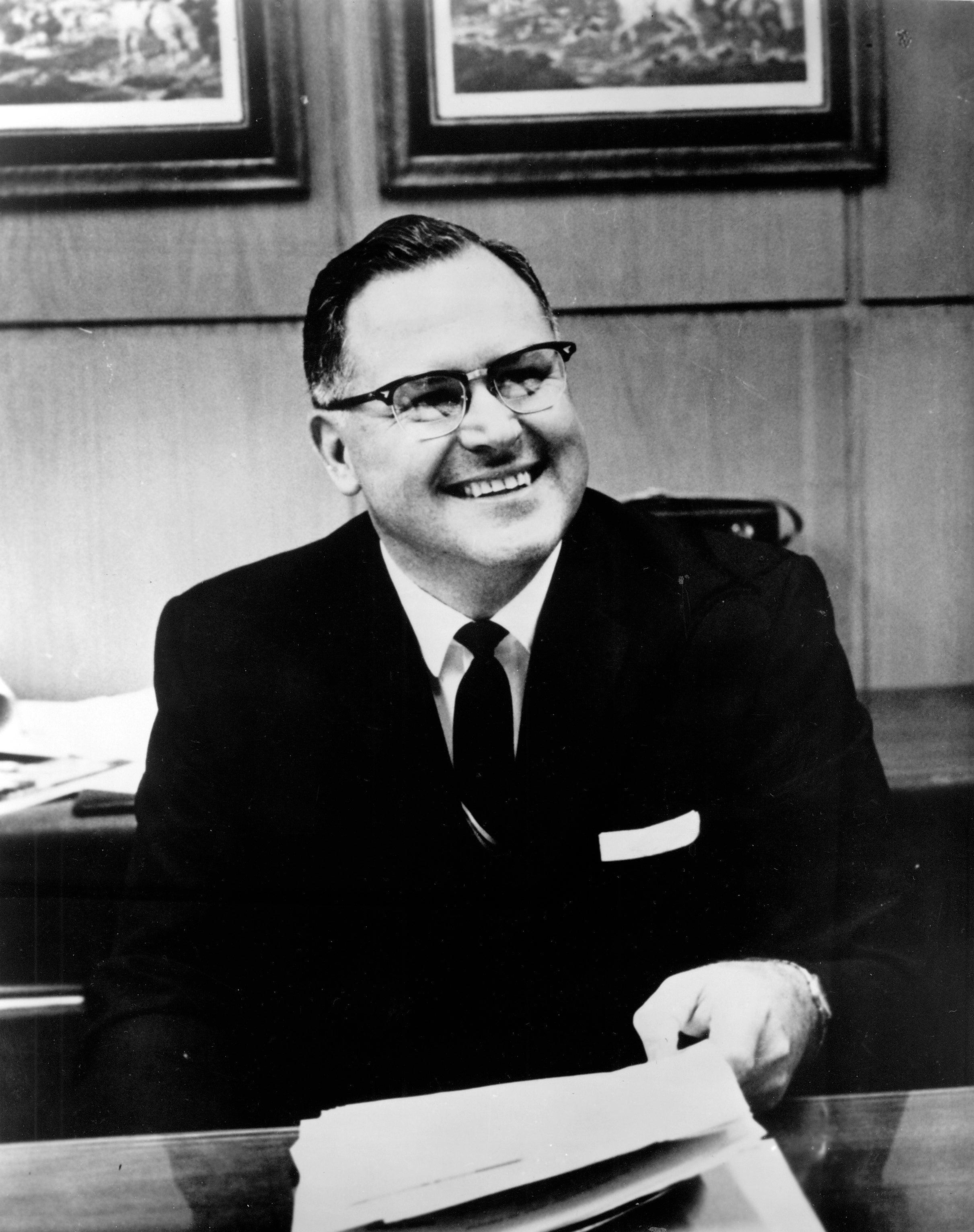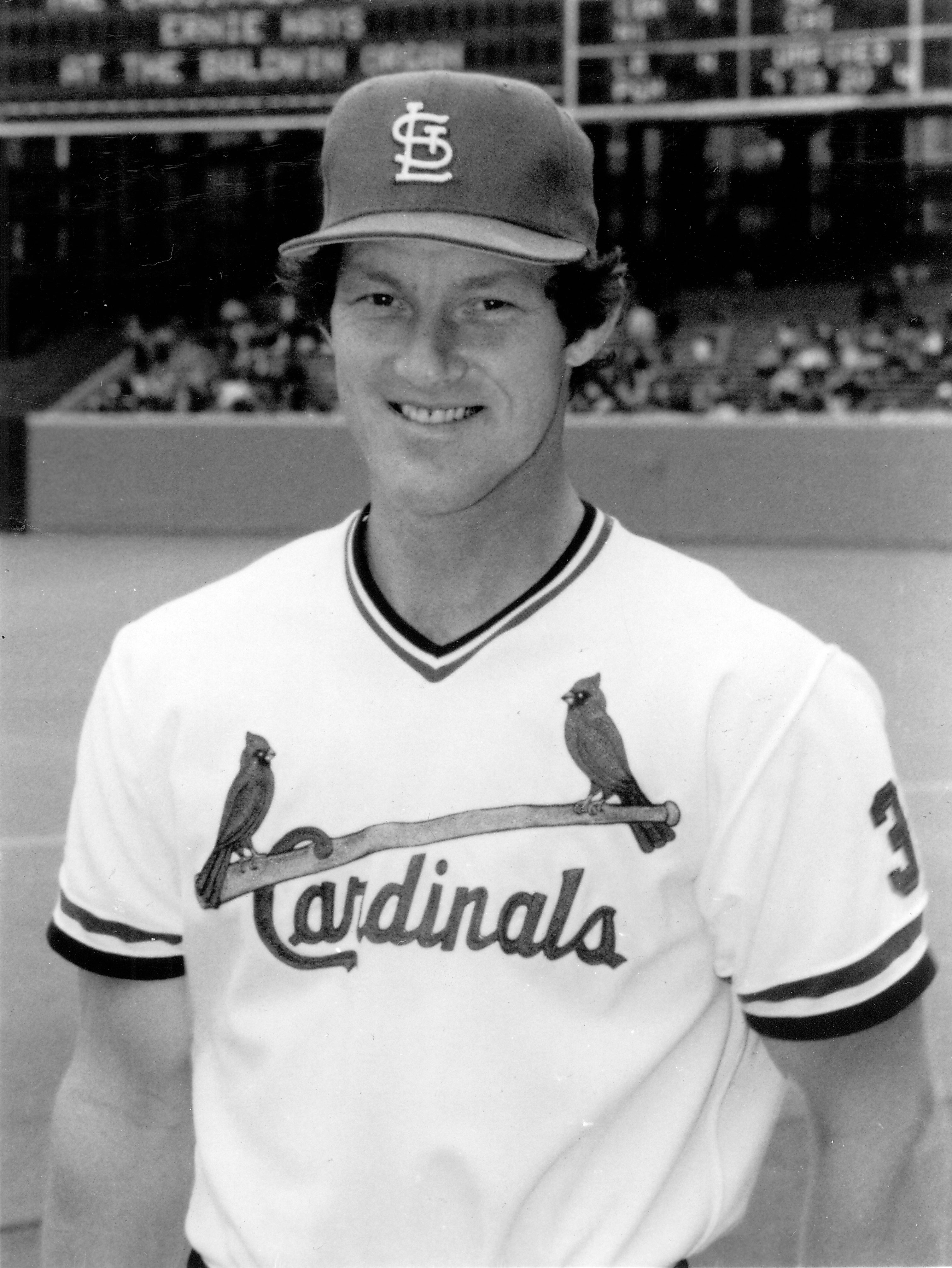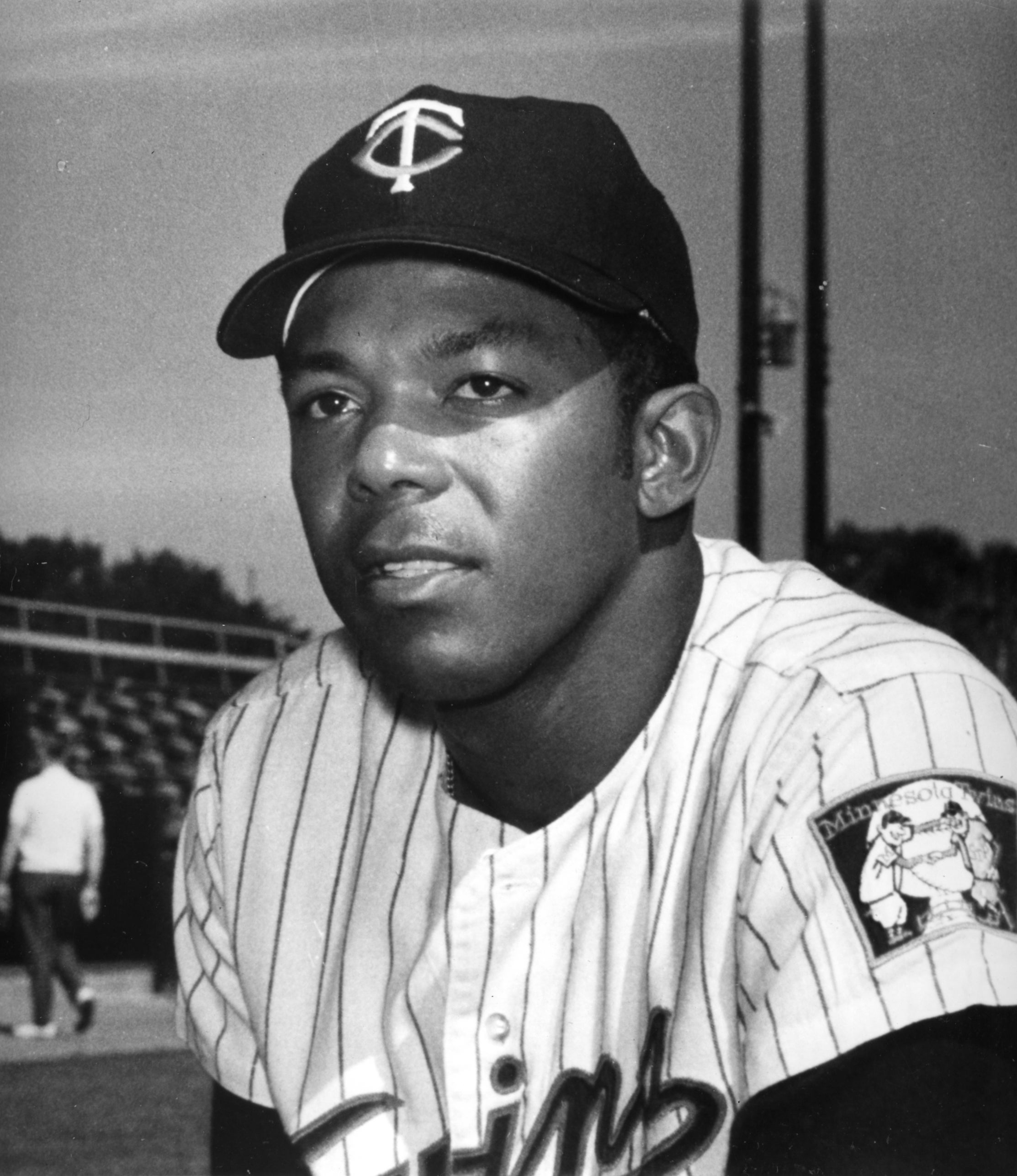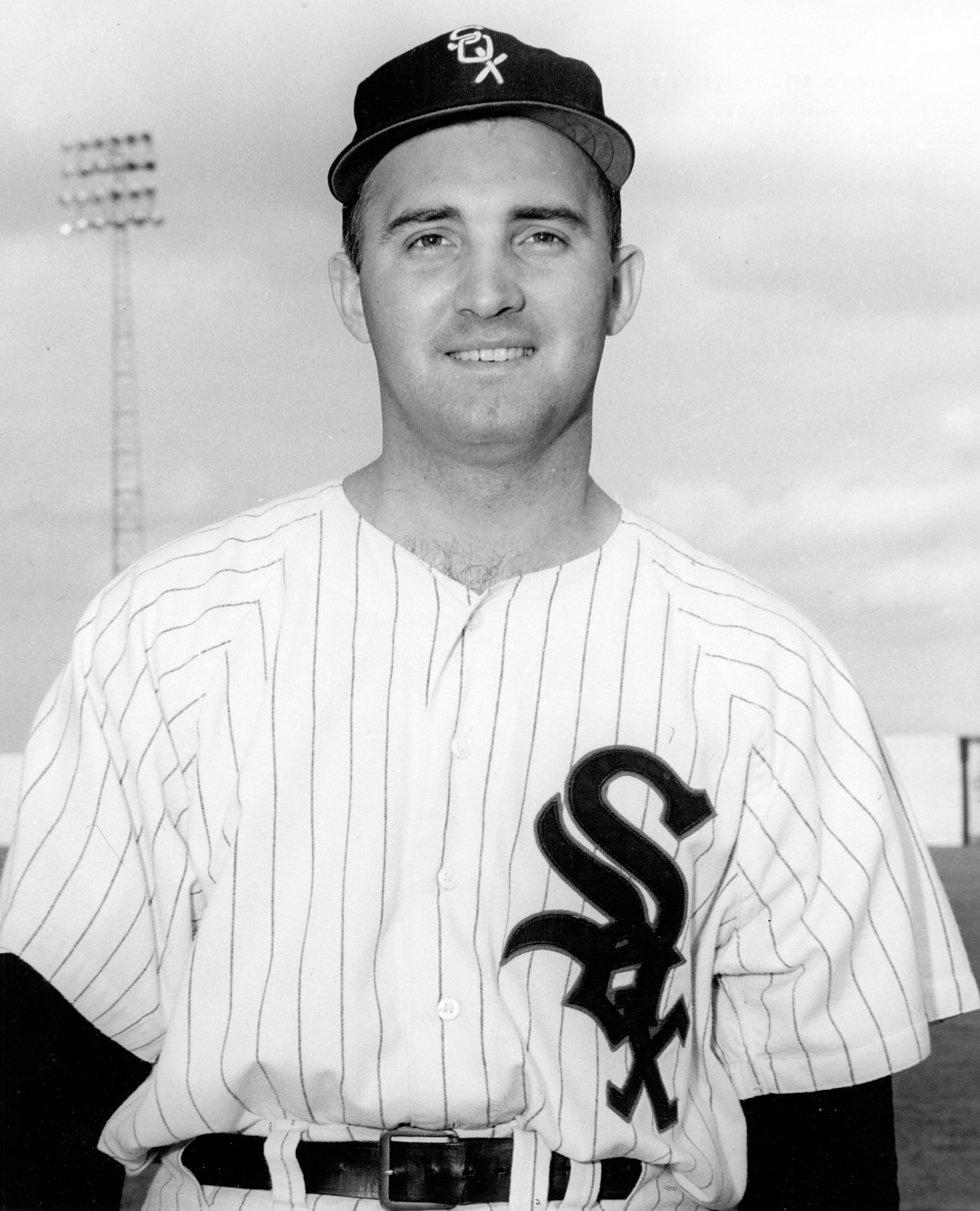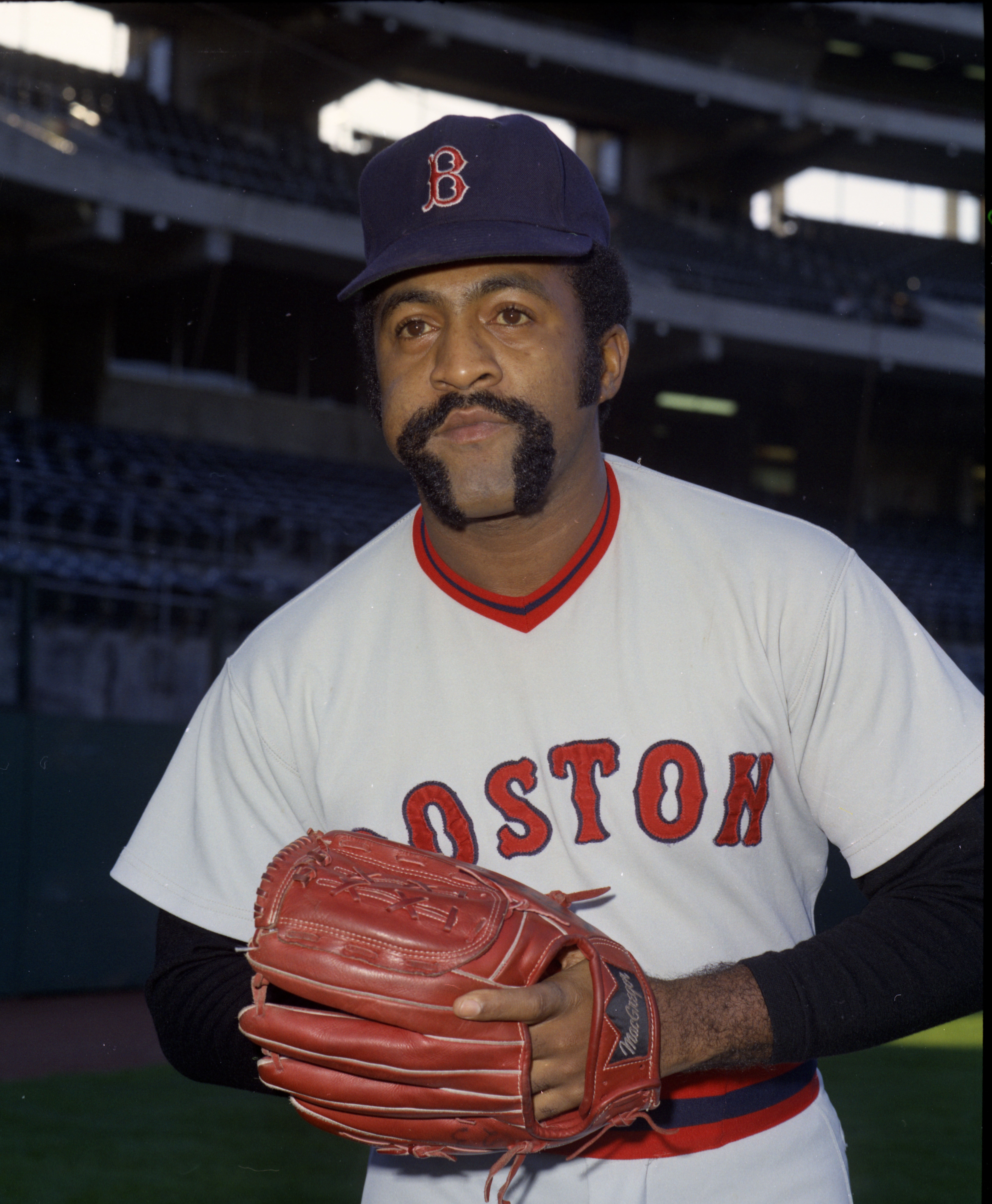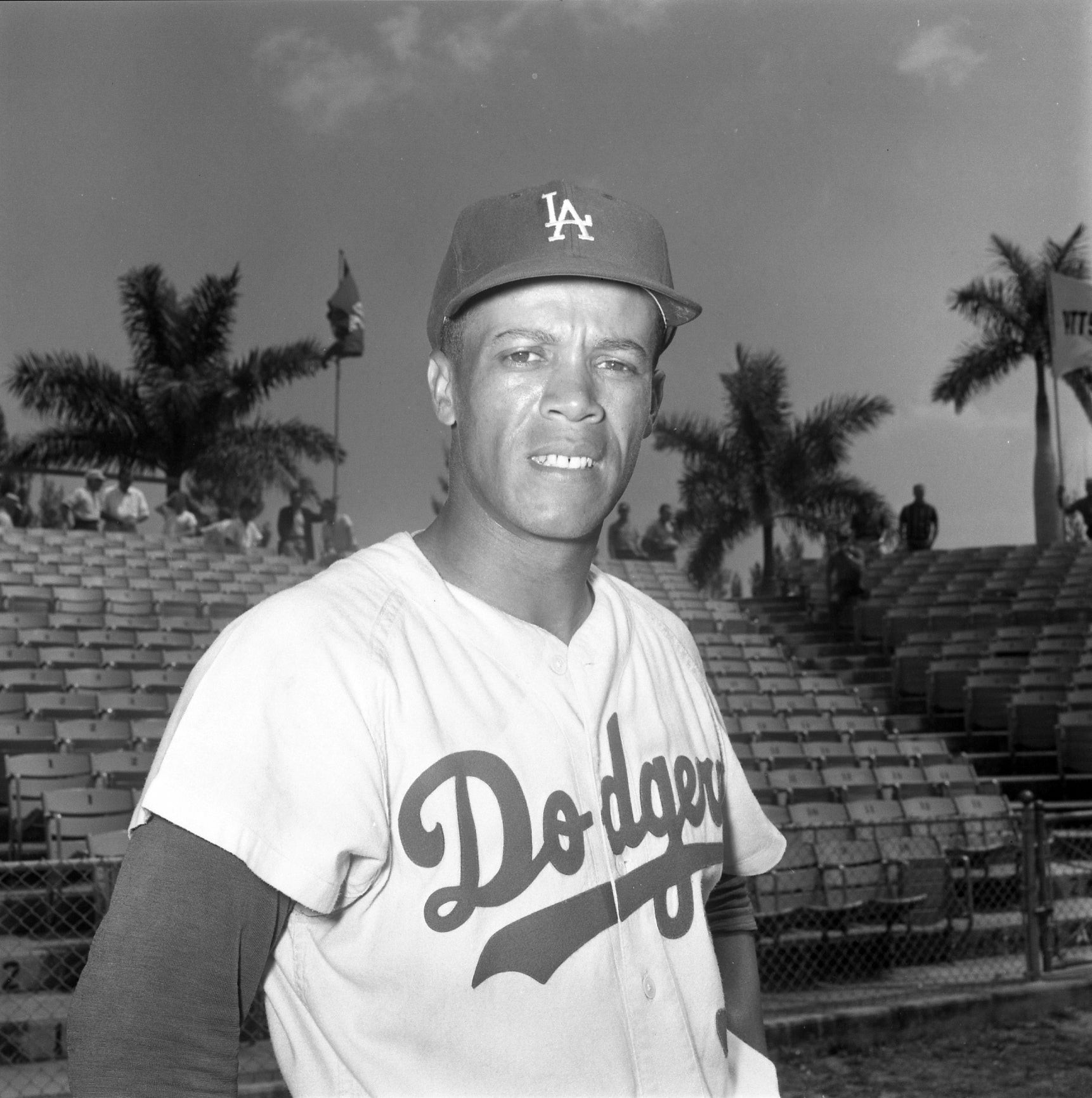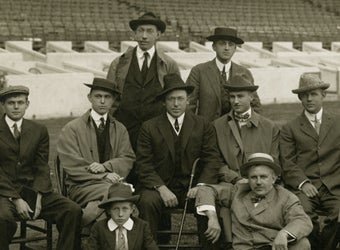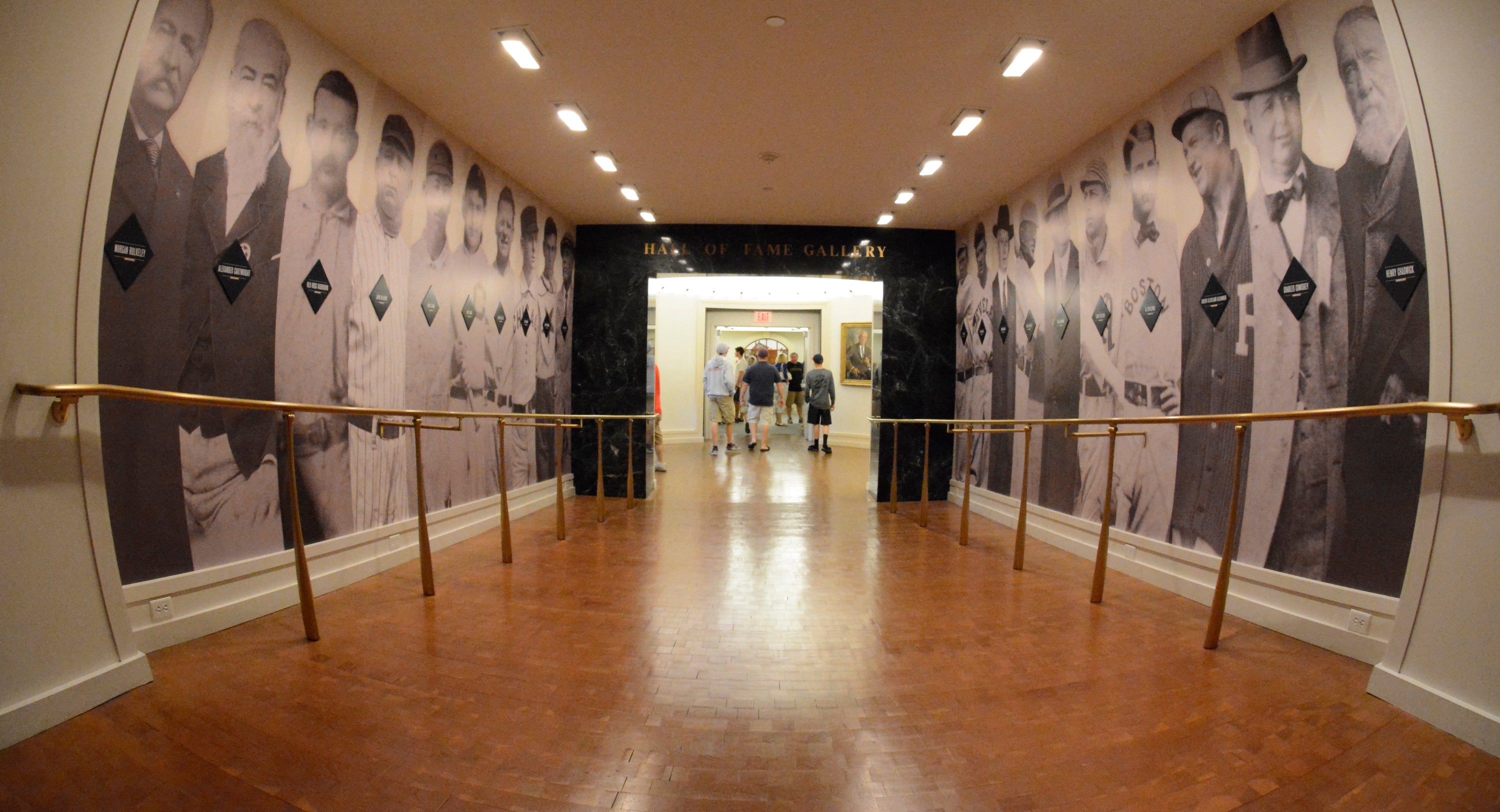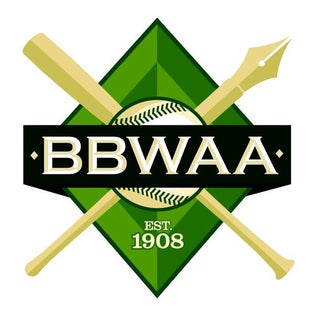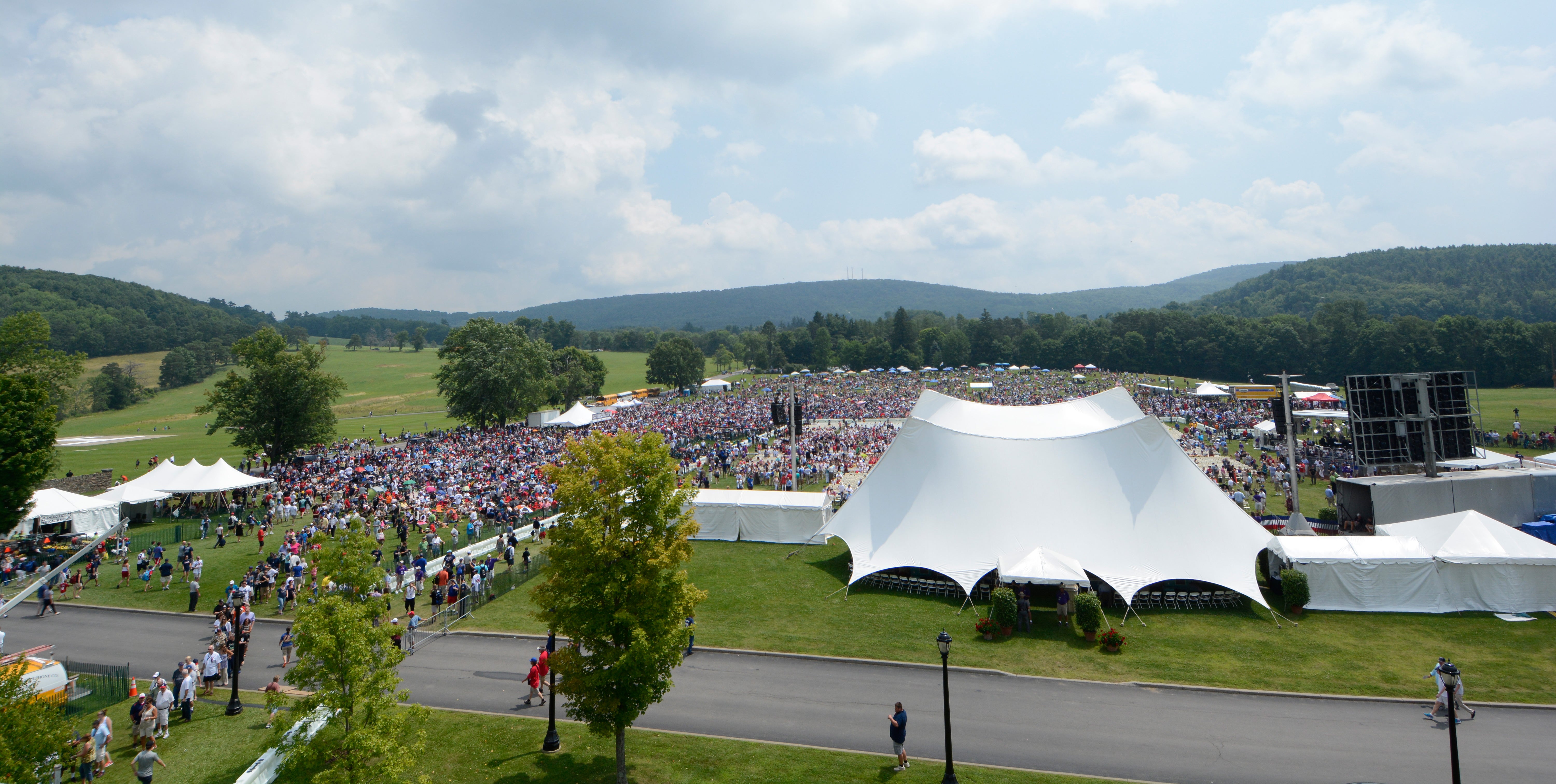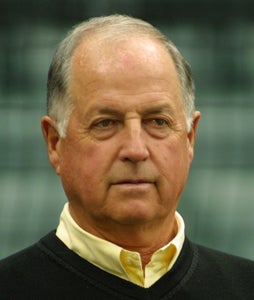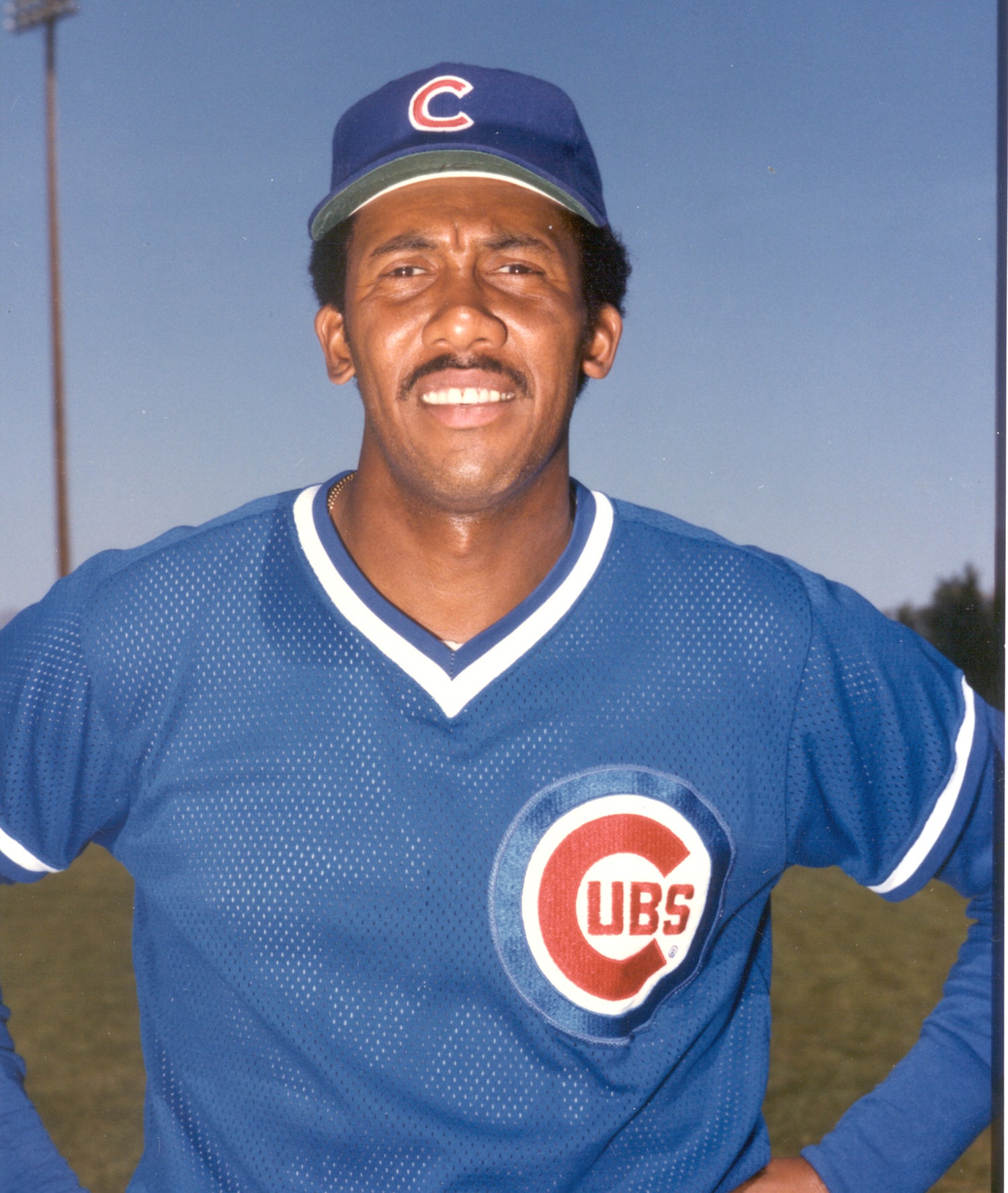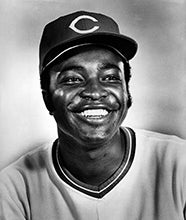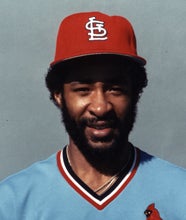- Home
- Our Stories
- Gil Hodges excelled at all phases of the game
Gil Hodges excelled at all phases of the game
At first base or in the manager’s office, Gil Hodges made the impossible seem possible during 27 seasons in the big leagues.
Today, he stands on the precipice of Cooperstown.
Hodges, who played for the Dodgers and the Mets for 18 big league seasons before managing the Senators and Mets for nine years prior to his death at the age of 47, is one of 10 finalists on this year’s Golden Era ballot that will be considered by the committee on managers, umpires, executives and long-retired players at the National Baseball Hall of Fame and Museum. The 16-person committee will vote at baseball’s Winter Meetings in San Diego, Calif., and the results of the vote will be announced Dec. 8.
The 10 candidates on the Golden Era Committee ballot are: Dick Allen, Ken Boyer, Bob Howsam, Jim Kaat, Minnie Minoso, Tony Oliva, Billy Pierce, Luis Tiant, Maury Wills and Hodges. Any candidate who is named on at least 75 percent of all ballots cast will be inducted in the Hall of Fame as part of the Class of 2015.
The Golden Era Committee consists of Hall of Famers Jim Bunning, Rod Carew, Pat Gillick, Fergie Jenkins, Al Kaline, Joe Morgan, Ozzie Smith and Don Sutton; baseball executives Jim Frey, David Glass, Roland Hemond, and Bob Watson; and veteran media members Steve Hirdt, Dick Kaegel, Phil Pepe and Tracy Ringolsby.
Bio
Born April 4, 1924 in Princeton, Ind., Gilbert Raymond Hodges grew up the son of a coal miner. Along with his older brother Bob, “Bud Hodge” – as Gil was known – excelled at baseball from an early age in his hometown of Petersburg, Ind. He enrolled at St. Joseph’s College in Rensselaer, Ind., after high school, and in 1943 was signed by the Brooklyn Dodgers. That summer, Hodges appeared in one game as a third baseman with Brooklyn before he was drafted into the Marines for service in World War II.
After serving 29 months in the Pacific, Hodges was discharged and reported to the Dodgers at a new position: Catcher. But with future Hall of Famer Roy Campanella on the horizon, Dodgers manager Leo Durocher moved the athletic Hodges to first base.
By 1949, Hodges was entrenched there after hitting 23 home runs and driving in 115 runs en route to the first of eight All-Star Game selections. Defensively, Hodges’ huge hands made his transition to first base seem seamless.
“I don’t know why he ever wears a first baseman’s glove,” said teammate Pee Wee Reese in reference to Hodges’ defensive skills. “He sure doesn’t need one.”
From 1949-57, Hodges averaged 32 home runs and 108 RBI per season. During those seasons, the Dodgers won five National League pennants and the 1955 World Series title. His peak as a power hitter came on Aug. 31, 1950, when Hodges became just the second modern-era National League player to hit four home runs in one game.
Hodges moved with the Dodgers to Los Angeles in 1958, and in 1959 he hit 25 home runs and drove in 80 runs in just 124 games to help LA win its first National League pennant. Hodges hit .391 in the World Series against the White Sox, leading the Dodgers to their second Fall Classic title in five years.
“It was a person like Hodges who made me feel at ease,” said Dodgers manager Walter Alston, who was elected to the Hall of Fame in 1983. “He never gave me any trouble and he was as great a man off the field as he was on it.”
Hodges wound down his playing career as a part-timer with the Dodgers in 1960-61 and the Mets from 1962-63. In the latter year, the Senators tabbed Hodges as their manager, and he stayed with Washington through the 1967 season.
The next year, Hodges took over the Mets, who had never won more than more than 66 games in a season. By 1969, the Miracle Mets were World Champions.
“Everybody I’ve talked to says he’s the guy who made the difference between being World Champions and a second-rate ballclub,” said outfielder Cleon Jones, who caught the final out – a fly ball to left field – of the 1969 World Series against the Orioles. “We would have been real happy to finish second. But he wasn’t satisfied with that.”
Hodges managed the Mets through the 1971 season, but was felled by a heart attack on April 2, 1972, as he left a Florida golf course following a round of 27 holes. Hodges, who had first suffered a heart attack in 1968, died two days short of his 48th birthday.
As a player, Hodges finished with 370 homers, 1,274 RBI and a .273 batting average. He finished in the top 20 of the NL Most Valuable Player voting eight times and won three Gold Glove Awards at first base – despite the fact that the award was not created until 1957.
As a manager, Hodges was 660-753 in nine seasons, including 100 regular season wins and the World Series title with the 1969 Mets.
“He expected the consummate professional attitude and approach every day,” said Hall of Fame pitcher Tom Seaver, who came of age as a hurler under Hodges’ tutelage with the Mets. “We’re not 100 percent every day. Sometimes, you’re only 80 percent. But his attitude was, if you’re at 80 percent, give me 100 percent of that 80 percent. That’s what he got.”
Craig Muder is the director of communications for the National Baseball Hall of Fame and Museum
2015 Golden Era Candidate Bios
